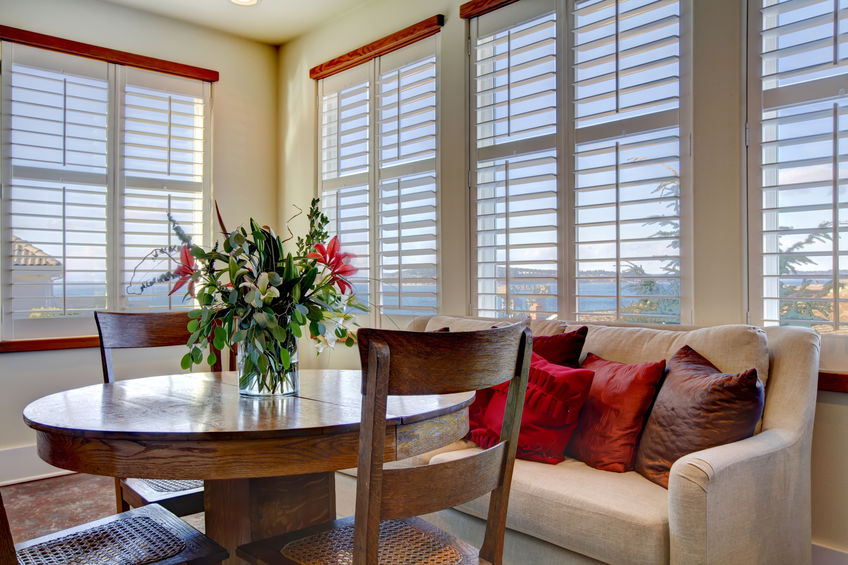
When it comes to tinting your home’s windows, you have questions. Here we try to answer the most frequently asked ones, to help you better understand both the process and product. This, in turn, can help homeowners make a more informed decision about residential window tint.
Is residential window tint expensive?
The cost of residential window tint will depend on many different facts, including the quality and type of film you choose to use. It will also depend on installation costs, how many windows you have, etc. Generally speaking, however, residential window tint can be affordable for the average homeowner with just a little savings.
Can I install residential window tint myself, or do I need to hire a professional to install it for me?
It is possible to install residential window tint yourself, but it is generally advised against. This is because even the smallest issue could result in elevated costs. Once window tint film is damages, it no longer works properly and will have to be replaced. Professionals, however, can ensure that window film is installed properly and without damage the first time around.
Can tinting my home’s windows really save me money on my energy bills?
Yes. It reduces costs by providing an extra layer of protection against heating or cooling efforts that are lost through the panes of your home’s windows. It can also help to reduce the amount of heat that is allowed to filter through during the summer months.
Are their laws about residential window tint like there are for auto tint?
No. You may have your home’s windows as light or dark as you please. Some Homeowner’s Associations may have their own laws or regulations regarding what can be done to your home, however, so if you belong to one of them it does not hurt to ask if there are any rules about residential window tint.
Can I clean my home’s windows if they have tinting film installed on them?
You may clean your home’s windows with a non-abrasive, soft cloth and warm, soapy water. Avoid chemicals or harsh cleaning materials. You should also wait at least 72 hours after window tint film is installed, so it is allowed to “cure” (adhere properly to your windows) before cleaning.
Does residential window tint get installed on the inside or outside of the window?
Residential window tint is most commonly installed on the inside of the window, because this helps it to be most efficient. It is then protected from the damage of wind, rain, debris, etc. that could otherwise damage it if it were to be installed on the outside portion of the window.
Does window tint reduce glare on my television or computer?
Yes. Window tint can significantly reduce glare on your television, computer, or other electronic devices.
Will window tint make the inside of my home really dark?
No. Window tint may actually prove to brighten up the interior of your home, because it reduces the need for curtains or blinds.






Comments are closed.